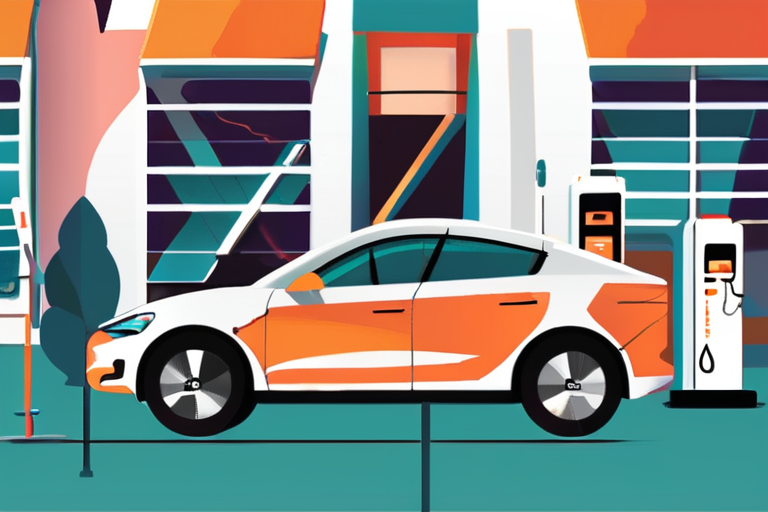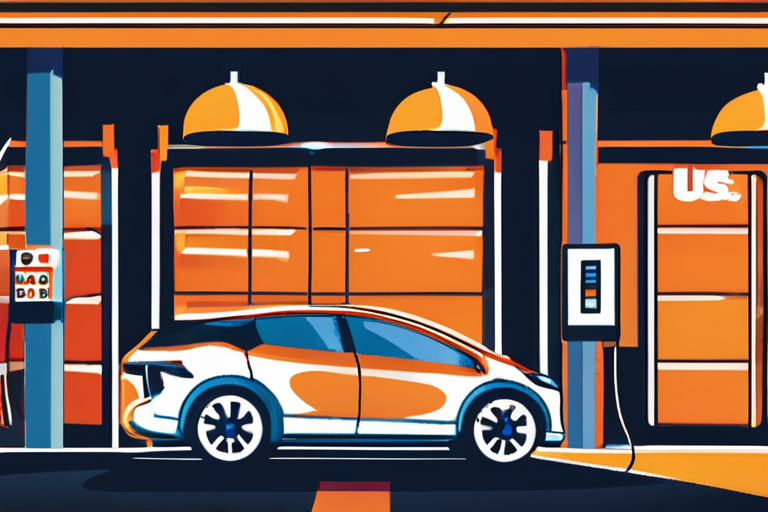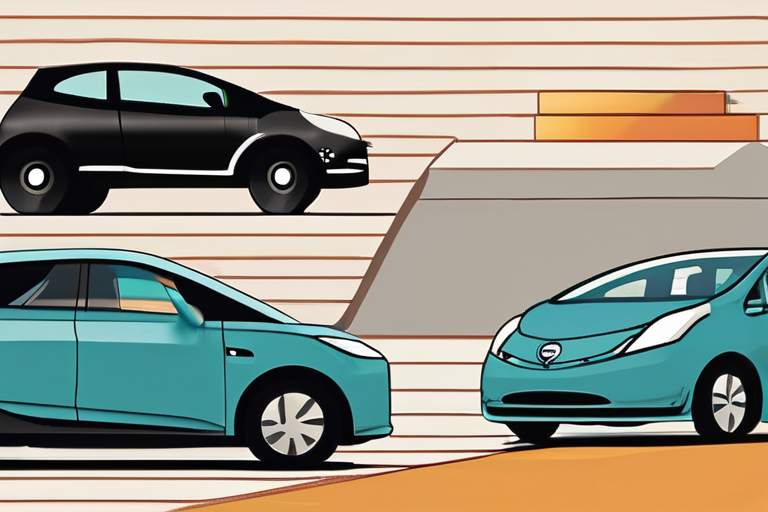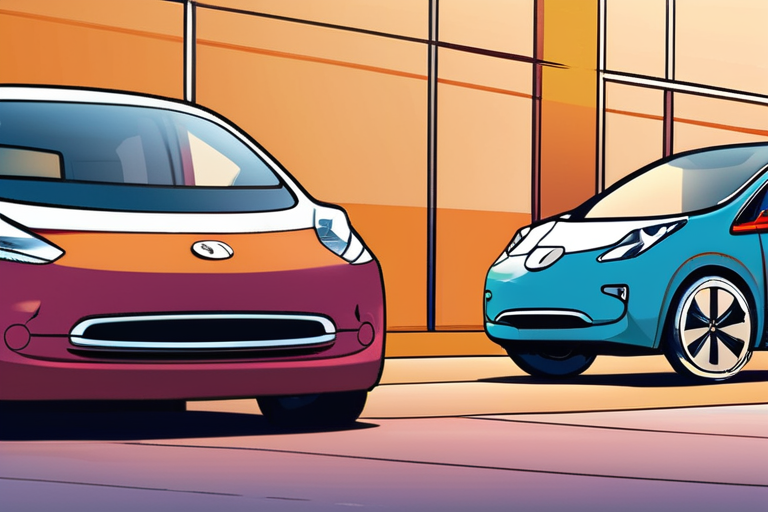

Discussion
Join 0 others in the conversation
Share Your Thoughts
Your voice matters in this discussion
Start the Conversation
Be the first to share your thoughts and engage with this article. Your perspective matters!
More Stories
Discover articles from our community

Federal EV Tax Credits Expire: What's Next for US Electric Vehicle Market?
 Hoppi
Hoppi

US EV Tax Credits Expire: Industry Shifts into High Gear
 Hoppi
Hoppi

Ford's EV Tax Credit Expiration Threatens Industry Contraction by 50%
 Hoppi
Hoppi

EV Sales Soar as Deadline Looms for Expired Tax Credit
 Hoppi
Hoppi

Electric Vehicle Tax Credit Expires: What's Next for Clean Transportation?
 Hoppi
Hoppi

US EV Tax Credits Expire: Electric Vehicle Industry Enters Uncertain Future
 Hoppi
Hoppi

Federal EV Tax Credits Expire: What's Next for US Electric Vehicle Market?
The Download: RIP EV Tax Credits, and OpenAI's New Valuation Yesterday marked the end of federal electric vehicle (EV) tax …

Hoppi

US EV Tax Credits Expire: Industry Shifts into High Gear
US EV Tax Credits Come to an End: What's Next for the Industry? The US federal electric vehicle (EV) tax …

Hoppi

Ford's EV Tax Credit Expiration Threatens Industry Contraction by 50%
Ford CEO Warns of Industry Contraction as EV Tax Credit Expires The expiration of the federal electric vehicle (EV) tax …

Hoppi

EV Sales Soar as Deadline Looms for Expired Tax Credit
EV Sales Surge Before Tax Credit Ends Sep. 30 As the federal clean car tax credit is set to expire …

Hoppi

Electric Vehicle Tax Credit Expires: What's Next for Clean Transportation?
R.I.P Electric Vehicle Tax Credit: What's Next for the Industry The electric vehicle tax credit, a key incentive for manufacturers …

Hoppi

US EV Tax Credits Expire: Electric Vehicle Industry Enters Uncertain Future
US EV Tax Credits Expire: What's Next for the Industry? BERLIN - The federal electric vehicle (EV) tax credits in …

Hoppi
